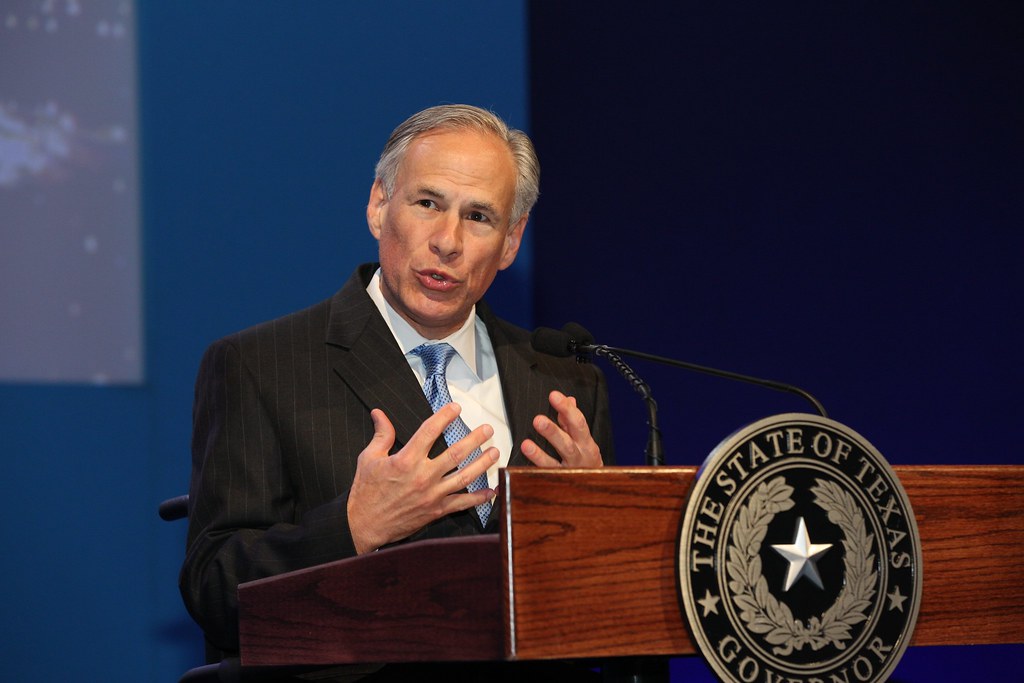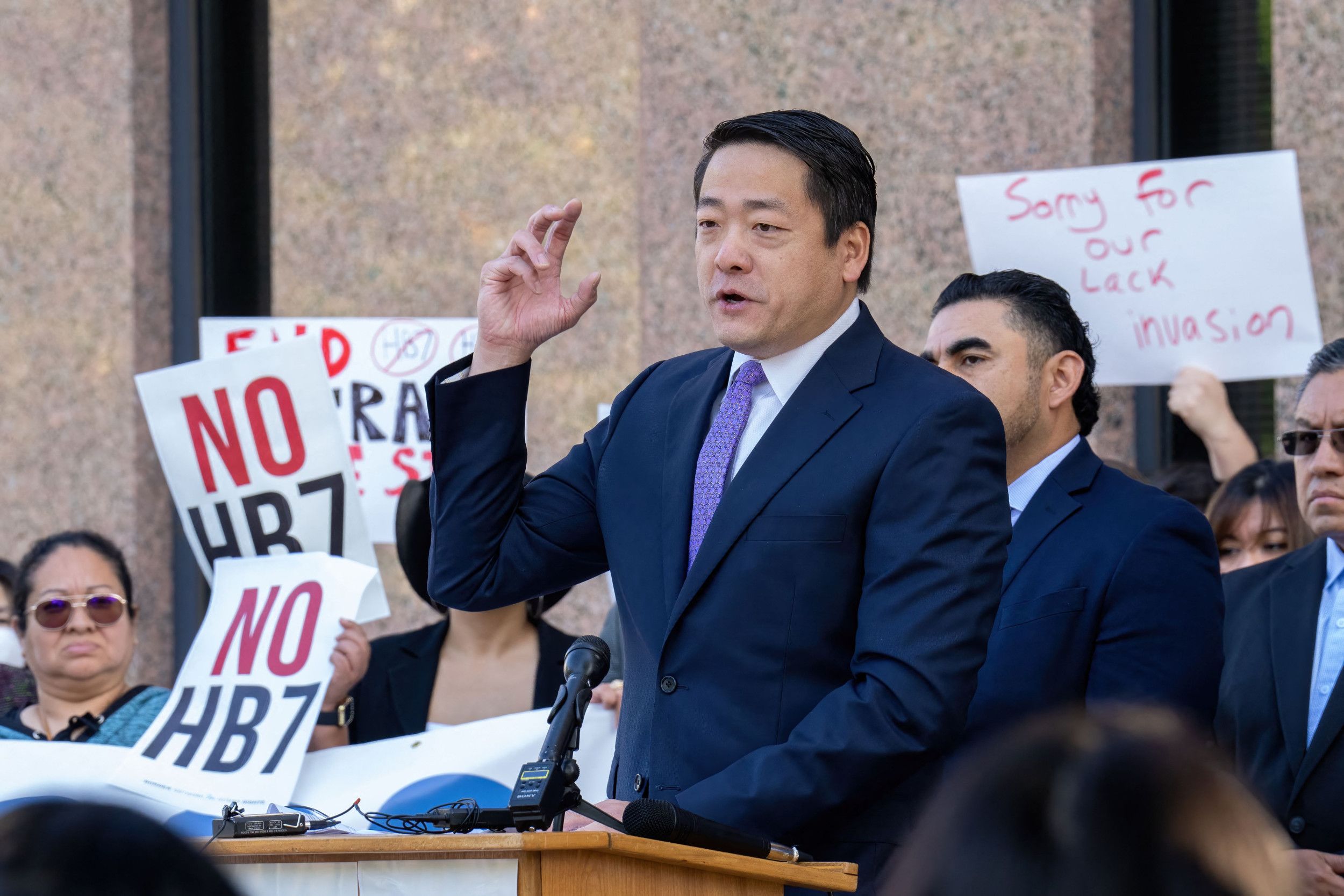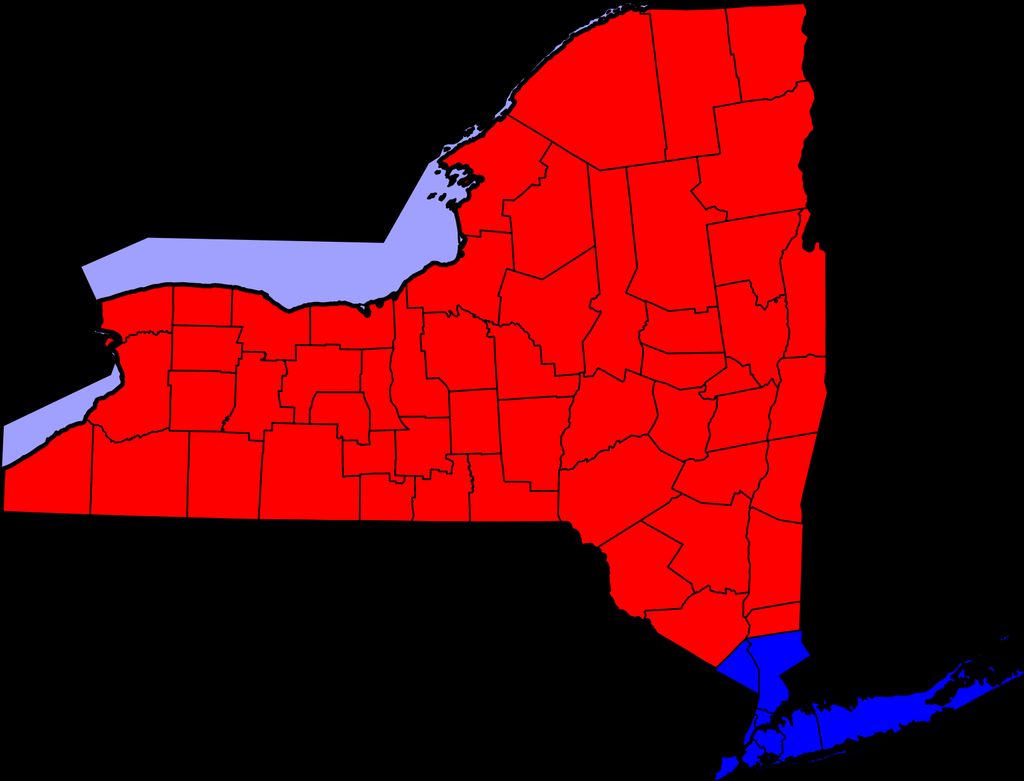
A political maelstrom has gripped the state of Texas as dozens of Democratic state legislators executed a dramatic exodus over the weekend, effectively denying the Republican-controlled House the necessary quorum to advance a controversial new congressional map. This extraordinary legislative maneuver, steeped in the long history of American political brinkmanship, has not only plunged Texas into a constitutional standoff but has also ignited a fierce national debate over the future of electoral maps and the very integrity of the democratic process.
This high-stakes departure, which saw at least 51 Texas Democrats flee to cities like Chicago, New York, and Boston, represents a desperate but strategically calculated effort to halt a mid-decade redistricting vote. Republicans, holding a narrow 220-212 majority in the U.S. House of Representatives, aim to solidify their national power base by redrawing Texas’s 38 congressional districts, a move championed directly by former President Donald Trump.
Indeed, President Trump himself, in July, openly expressed his belief that Republicans could secure “five more seats” in Texas through these revised districts, a substantial gain given the current razor-thin margins in the U.S. House. Governor Greg Abbott, a Republican, subsequently included redistricting as a key agenda item for a special legislative session, alongside critical issues such as disaster relief for the deadly Texas floods and a THC ban.
The immediate consequence of the Democrats’ departure was evident on Monday, as the Texas House failed to convene with the required two-thirds quorum. This constitutional requirement, vital for conducting legislative business, became the focal point of the Democrats’ strategy, leveraging their absence as a powerful, albeit disruptive, form of protest against a legislative agenda they deem fundamentally unfair.

The Republican response to this unprecedented walkout was swift and stern, reflecting the gravity of the legislative paralysis. Texas House Speaker Dustin Burrows, a Republican, signed civil arrest warrants for the absent Democrats, stating that he was working with Texas law enforcement “to locate members.” He unequivocally declared, “Leaving the state does not stop this House from doing its work. It only delays it,” and issued a clear warning: “If you choose to continue down this road, you should know there will be consequences.”
Governor Greg Abbott intensified the pressure, indicating his intention to “remove the missing Democrats from membership in the Texas House.” He invoked a 2021 legal opinion from Republican Attorney General Ken Paxton, which suggested that a court could indeed determine that a legislator had forfeited their office under such circumstances. Abbott asserted, “The absconded Democrat House members were elected to meet and vote on legislation—not to prevent votes that may not go their way.”
Attorney General Ken Paxton, who is also vying for the GOP nomination in next year’s Senate race, had previously threatened to assist police in “hunting down and compelling the attendance” of any Democratic lawmakers who left the state to block votes. He starkly stated, “If Democrats ignore their duty to their constituents by breaking quorum, they should be found and arrested no matter where they go.”

Further compounding the legal threats, Governor Abbott publicly suggested that any Democrat who “solicits, accepts, or agrees to accept” donations to help cover potential fines for skipping votes “may have violated bribery laws.” He subsequently ordered the Texas Rangers to investigate the fleeing Democrats for “potential bribery and any other potential legal violations,” directing the investigation to extend to “anyone who aided or abetted such potential crimes.”
In a direct and defiant retort to the Republican threats, Texas House Democrats issued a terse, four-word statement: “Come and take it.” This phrase, a powerful reference to a statement of defiance on an old Texas battle flag, encapsulates the resolve of the absent lawmakers, signaling their readiness to confront the legal and political repercussions of their actions.
Speaking from Illinois, one of the “blue states” currently hosting the Texas Democrats, State Rep. John Bucy, the top Democrat on the Texas House’s elections committee, articulated the core Democratic grievance. He stated that “Greg Abbott has answered the call of Donald Trump, and he’s holding this special session hostage to try to pass a mid-district, mid-session redistricting to try to steal five congressional seats away from the Texas people,” adding emphatically, “That’s unacceptable, and that’s why we’re here to fight back.”

Texas House Minority Leader Gene Wu echoed this sentiment after arriving in Illinois, asserting that the decision to leave was not made “lightly.” He emphasized, “We come here today with absolute moral clarity that this is absolutely the right thing to do to protect the people of the state of Texas.” The Democrats maintain that their actions are a necessary defense of democratic principles against what they view as an illegitimate power grab.
State Rep. James Talarico, in a video posted to social media, minced no words, stating that the redistricting plan amounted to “rigging” the 2026 elections. He conveyed the Democrats’ unified stance: “If you’re seeing this video, my Democratic colleagues and I have just left our beloved state to break quorum and stop Trump’s redistricting power grab.” He further added, “We are not fighting for the Democratic Party, we are fighting for the democratic process, and the stakes could not be higher. We have to take a stand.”
Rep. Jessica Gonzalez reinforced the idea that their actions were a direct representation of their constituents’ will. “We’re elected by our constituents, and that’s who we work for,” she said, emphasizing that they were elected “to represent their voices, their family and their future, and that’s exactly what we’re all doing here by denying Texas Republicans quorum in order to pass these rigged congressional maps.”

Democrats further argued that the proposed maps are not only politically motivated but also racially biased. Gene Wu contended that Texas Republicans are “using is a racist, gerrymandered map, a map that seeks to use racial lines to divide hard working communities who have spent decades building up their power and strengthening their voices, and Governor Abbott is doing this in submission to Donald Trump.” State Rep. Linda Garcia highlighted that the mid-decade redistricting is based on “incorrect” data and aims to “water down the voices of marginalized community members.
The maps themselves reveal the extent of the Republican ambition. Republicans currently hold 25 of Texas’s 38 congressional seats and hope the new configuration will increase that number to 30. Crucially, all of these 30 projected seats were won by Mr. Trump in November by at least 10 points, indicating a strategic effort to cement Republican dominance.
Specific redrawing efforts include the Rio Grande Valley districts, areas where Mr. Trump has made inroads in historically Democratic strongholds. The plan also combines Reps. Lloyd Doggett and Greg Casar’s districts in Austin. In North Texas, Rep. Julie Johnson’s suburban 32nd District would be reshaped to extend from Dallas to rural Republican areas, while Rep. Marc Veasey would be moved out of Tarrant County entirely, leaving only a small portion of the county represented by a Democrat. All four Houston-area seats were redrawn, with Rep. Al Green’s district facing the most dramatic alteration.
The legal ramifications of this standoff are complex and uncertain, particularly regarding the enforceability of the civil arrest warrants. Legal experts largely agree that these warrants, signed by Speaker Burrows, are likely unenforceable outside of Texas state lines. Sarah Chen, a voting rights attorney with the Texas Civil Rights Project, explained that Democrats specifically left the state “to escape the jurisdiction of the marshals and other arresting officers in the state.

Furthermore, because the Democrats are not accused of breaking any criminal or state laws, officials cannot seek their extradition from the states where they are currently located. Chad Dunn, a longtime Texas voting rights lawyer, affirmed that Burrows’ warrants “have no authority outside of the state” unless another state voluntarily chooses “to enforce them under the laws of the other state.” Andrew Cates, a Texas lawyer specializing in legislative law, noted that the warrants are “just the procedure of what you do when people walk out,” but “No one is scared of it” if they’ve left the state.
This is not the first time Texas Democrats have engaged in such a tactic. During the landmark 2005 mid-decade redistricting, Texas Democrats famously fled the state during two separate special sessions in an attempt to thwart the redistricting efforts. While that redistricting ultimately went through, it established a precedent for legislative quorum breaks as a form of protest. More recently, in 2021, Democrats fled the state to prevent a restrictive voting bill from passing, showcasing a recurring pattern of resistance.
However, new legislation passed in 2023 complicates matters, as it levies a $500-a-day fine on lawmakers who leave the state. This financial penalty, combined with the threats of removal from office and bribery charges, signifies an escalated level of consequence for the current quorum break, signaling the Republican leadership’s determination to push through their agenda.

The implications of the Texas standoff resonate far beyond state lines, setting the stage for a potential national confrontation over redistricting. Democratic National Committee Chair Ken Martin, appearing on MSNBC, stated, “Our democracy is literally under assault by Donald Trump, Greg Abbott, and the Republicans, who know that they are on a track to lose the House majority next year. So what do they do? They cheat. They rigged the system. That’s all they have left.”
Martin declared that the Democratic Party would “fight fire with fire,” signaling a robust and coordinated response. He expressed pride in the Texas Democrats for “breaking quorum” and affirmed, “We’re certainly going to be standing with folks who will be litigating this in the courts,” adding that the party would “continue to organize on the ground in Texas, and we will continue to support the House Dems.”
This call for national pushback has been embraced by Democratic governors in other states. California Governor Gavin Newsom publicly stated that “California won’t sit back and watch this happen” and threatened to put a new congressional map before Golden State voters in a special election if Texas proceeds with its plan. He asserted that “Whatever they are doing will be neutered here in the state of California. And they will pay that price.”

New York Governor Kathy Hochul joined Texas House Democrats for a press conference, expressing her frustration: “I’m tired of fighting this fight with one hand tied behind my back.” While acknowledging that retaliatory redistricting efforts in states like New York would require a change to the state constitution, New York Assembly Speaker Carl Heastie insisted, “We’re in close conversations about options there, and so I would say we’re presenting all options right now.”
Illinois Governor J.B. Pritzker has also stated that “everything has to be on the table.” Illinois, where the state legislature draws the map and Democrats control the legislature, successfully cut out two Republican seats when they redrew maps in 2021. This precedent highlights a potential avenue for Democratic retaliation, showcasing how partisan control can significantly influence map outcomes.
The Republican State Leadership Committee, however, accused the absent legislators of “neglecting their responsibility” and urged them to “return home immediately, stop wasting taxpayer money on their media tour, and work collaboratively with Republicans in Austin to advance the future of Texas.” This encapsulates the deep partisan divide that characterizes the current political climate.

As the Texas House prepares to reconvene, with the special session slated to end on August 19, the standoff remains unresolved. The bravery of the Democrats, as expressed by State Rep. Linda Garcia, who said she is “not worried about threats” and was “hired by the people in my district to do what is in their best interest,” underscores the personal stakes involved for these lawmakers.
The high-stakes game of political chess being played out in Texas has profound implications for the national electoral landscape. With Republicans holding a precarious majority in the U.S. House, the redrawing of districts in a large, electorally significant state like Texas could significantly tip the scales. The strategic exodus of Democratic lawmakers has not only highlighted the intense partisan polarization within American politics but has also galvanized a broader national debate about the fairness of electoral maps and the fundamental right to representation.
This moment, marked by dramatic legislative actions and unprecedented political threats, serves as a vivid reminder of the constant, often contentious, struggle to define the contours of American democracy. The battle over maps, ultimately, is a battle over power, and in Texas, that fight has taken a remarkably overt and nationally significant turn, leaving the future of electoral fairness hanging in the balance, a testament to the enduring, dynamic nature of American political struggle.



